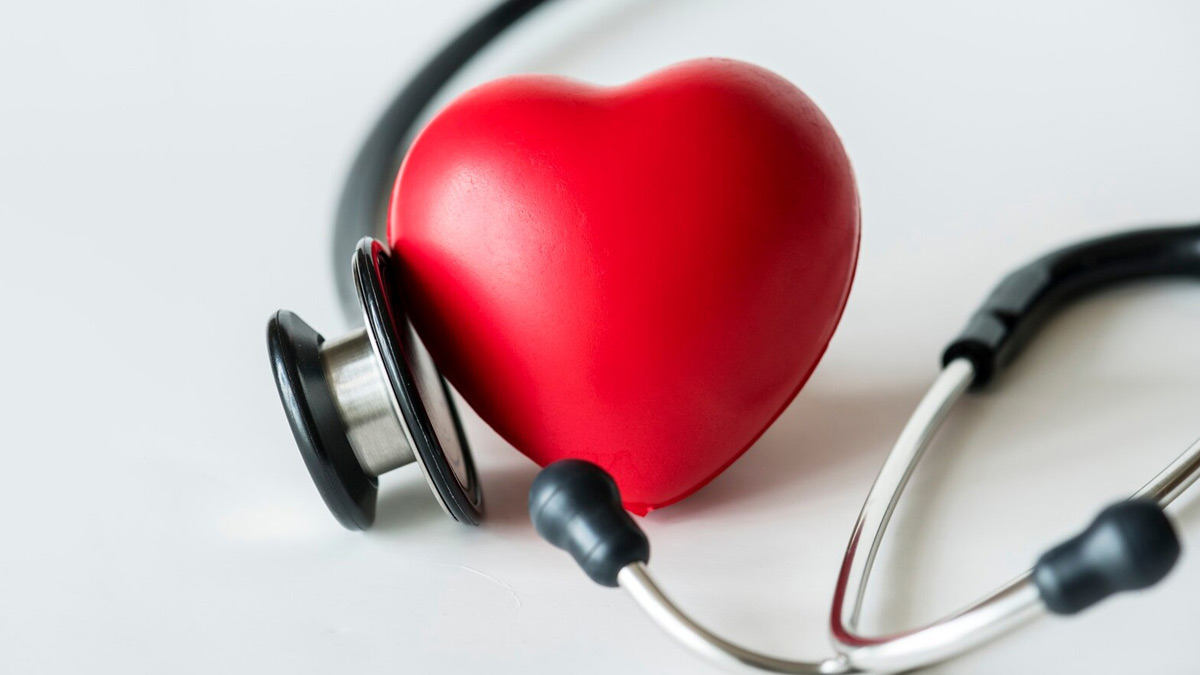The heart is a vital organ that pumps blood throughout the body and delivers oxygen and nutrients to cells while also regulating blood pressure and controlling heart rate. A healthy heart, therefore, is indicated by a normal resting heart rate, blood pressure levels below 120/80 mm Hg, and steady breathing during moderate-intensity physical activity.
However, even if a person suffers from any irregularities associated with their heart, it may not be that easy to catch it initially. Therefore, doctors often recommend regular heart screenings to monitor cardiovascular health. According to Dr Tanmai Yermal Jain, Consultant Cardiologist, Manipal Hospital, Kharadi, Pune, regular check-ups that examine risk variables, including blood pressure, cholesterol, and blood sugar, are essential for the early detection of cardiac problems.
He says that it assists in identifying possible issues before symptoms show up, enabling early management. Different types of tests can help assess heart functions, such as stress tests or electrocardiograms (ECG).
Also Read: What Does It Mean To Have A Healthy Heart Rate? Expert Answers
How To Know If You Need A Heart Check-Up
According to the American Heart Association (AHA), key screening tests to monitor cardiovascular health include blood pressure, cholesterol, Body Mass Index (BMI), and blood glucose levels.
Blood pressure should be checked at each regular healthcare visit or at least annually if it is below 120/80 mm Hg. Cholesterol levels should be tested every 4-6 years for adults at normal risk, with more frequent tests for those at higher risk of heart disease and stroke. Blood glucose tests should be conducted at least every three years.
Additionally, certain symptoms may indicate the need for further heart evaluation, such as:
Chest pain
Chest pain can be a classic sign of heart-related problems. It can be characterised by pressure, fullness, burning, or tightness in the chest. In the event of a heart attack, people may experience crushing or searing pain that spreads to the back, neck, jaw, shoulders, and one or both arms, according to the Mayo Clinic.
Shortness of breath
Shortness of breath, also known as dyspnoea, can be a symptom of many heart conditions, including heart failure, Coronary Heart Disease (CAD), and abnormal heart rhythms, like atrial fibrillation. In certain cases, breathlessness can also indicate lung problems, like asthma, pneumonia, and lung cancer. This is why it is crucial to get your heart and lungs examined to rule out any serious condition.
Unexplained fatigue
Persistent tiredness without any particular cause can indicate a range of health problems, including cardiovascular problems.
When fatigue doesn’t improve with rest, it may be a sign that the heart is struggling to supply adequate oxygen and nutrients to the body. This could be due to conditions, such as heart disease, where the heart’s ability to pump blood efficiently is compromised. Chronic fatigue can also be a symptom of heart failure, a condition that occurs when the heart doesn’t pump enough blood for your body’s needs.
Also Read: COPD Can Lead To Fatigue: What Causes It And How To Manage Tiredness?
Heart palpitations
Heart palpitations are mostly harmless. However, they can be indicative of more serious conditions.
While factors like stress, anxiety, panic attacks, lack of sleep, and intense exercise can trigger palpitations, they can also be a sign of arrhythmias, or irregular heartbeats, that may harm the heart, brain, or other organs. Arrhythmias can lead to severe complications such as stroke, heart failure, or cardiac arrest. If you experience persistent heart palpitations, it is crucial to consult a healthcare professional to assess your heart health and address any potential issues.
Other Reasons Why You Should Get Your Heart Examined

Regular heart screenings are often recommended for older adults, people with pre-existing heart conditions, or those with risk factors for heart diseases.
Dr Jain says, “Heart disease risk increases significantly by lifestyle factors like smoking, sedentary lifestyle, unhealthy diet, lack of physical activities, and drinking too much alcohol. Heart-related problems are further exacerbated by obesity, irregular sleep habits, and long-term stress.”
He adds, “These conditions increase the risk of cardiovascular disease by causing diabetes, high blood pressure, and high cholesterol. It is recommended everyone undergo regular heart checkups when a person has any of these behaviours or conditions, like obesity or high blood pressure. Quickly identifying and managing these hazards helps avoid chronic cardiac issues.”
